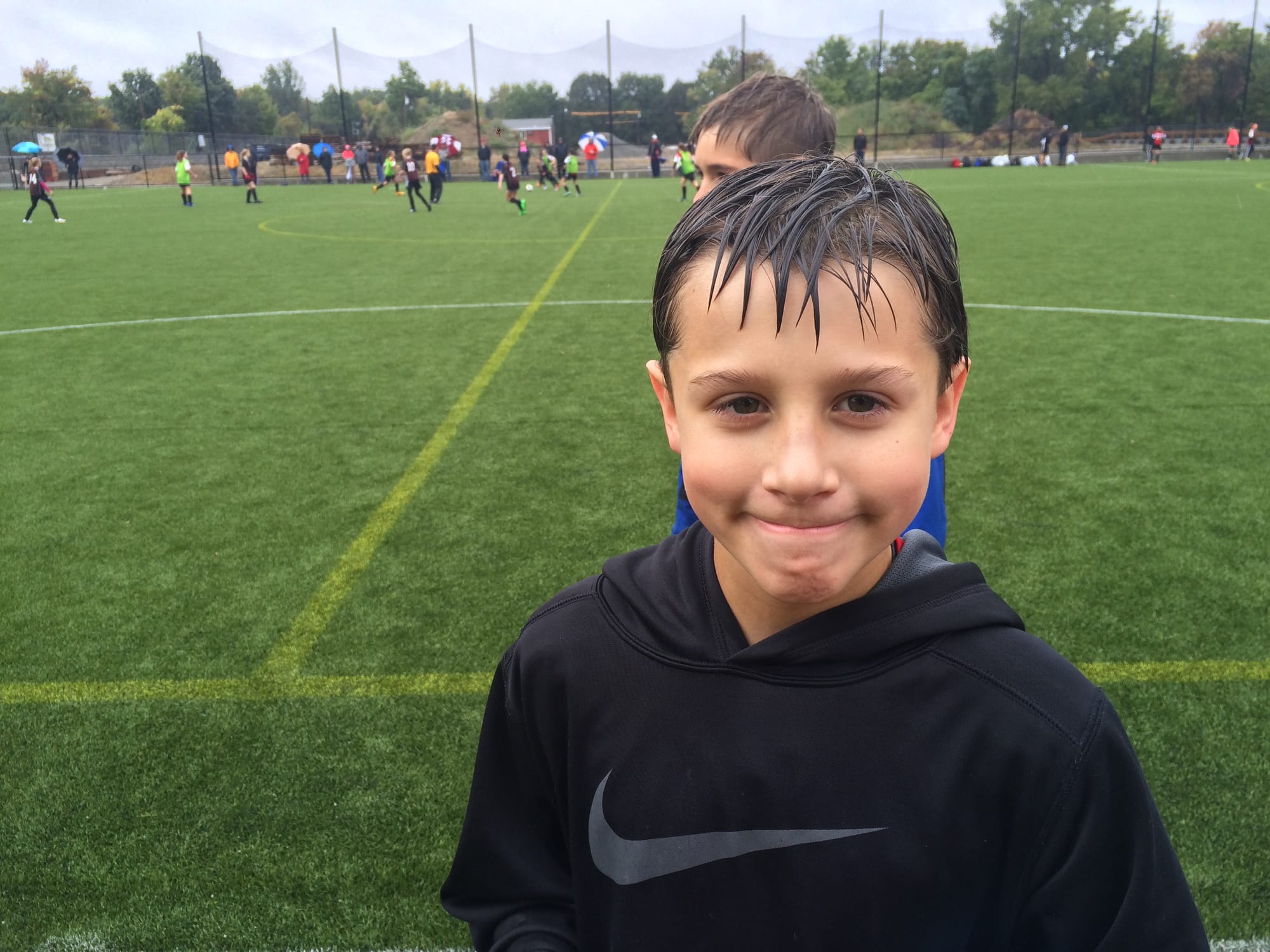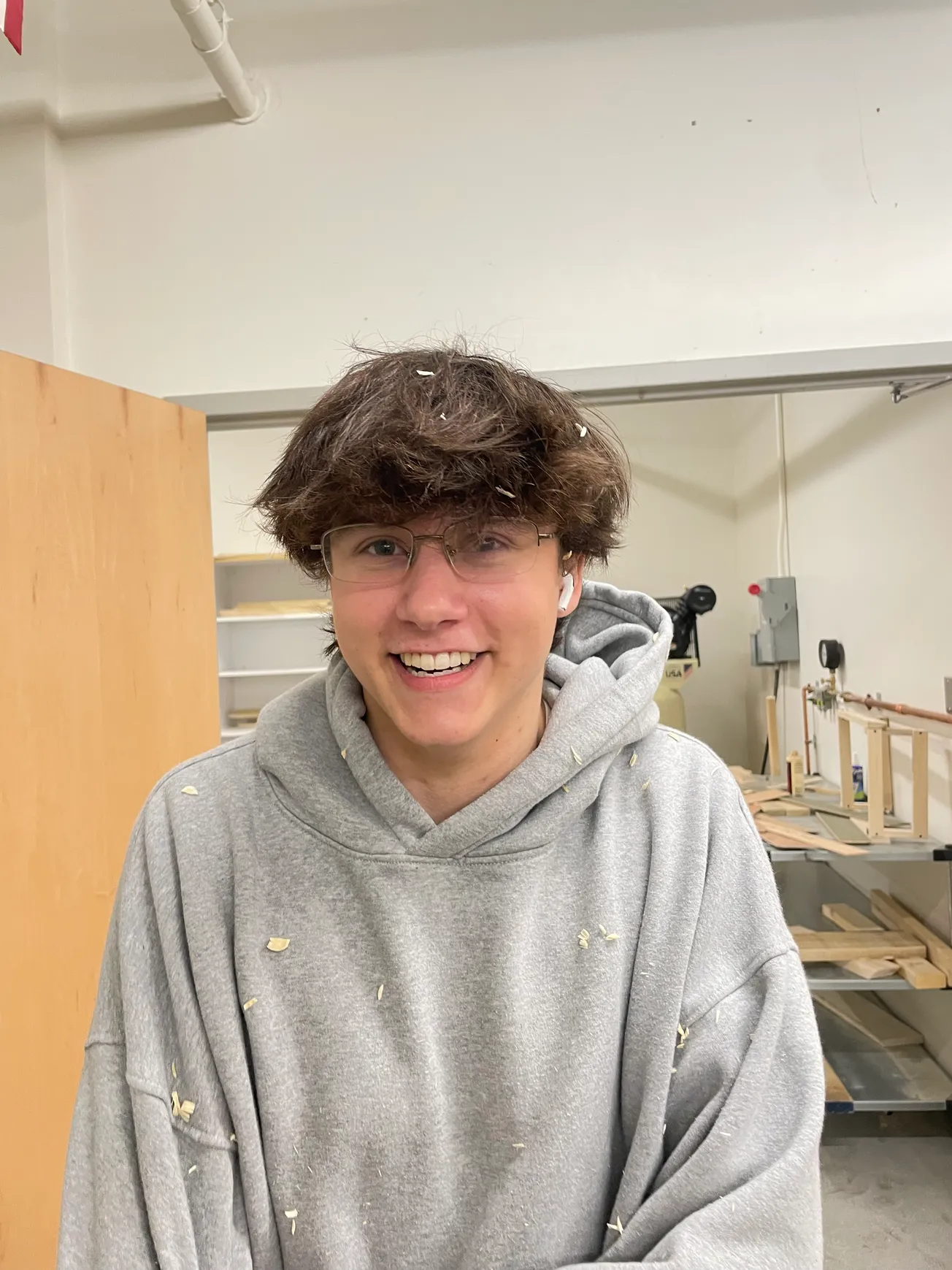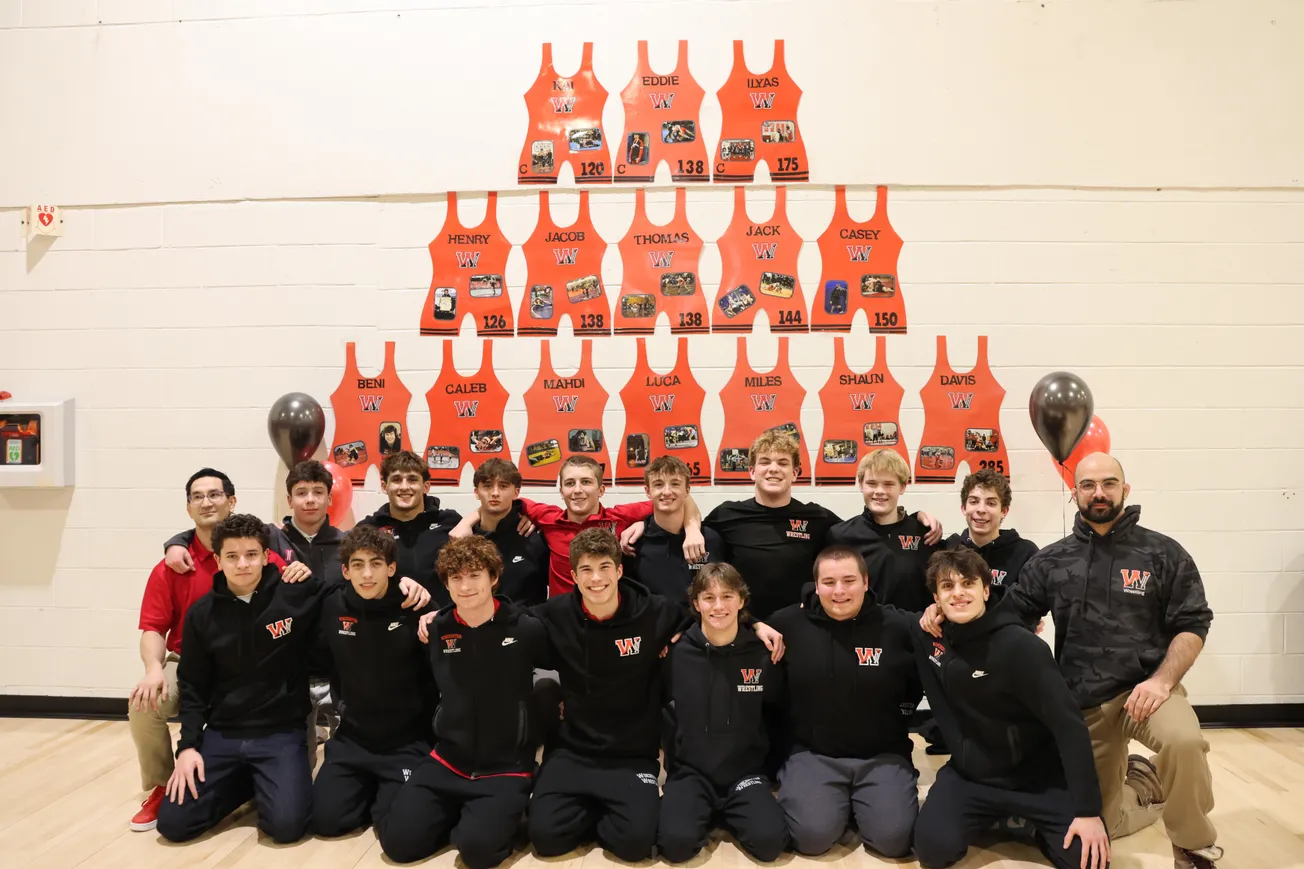Table of Contents
The following was submitted by Kendra Winner:
Nearly two years ago, my son Aidan’s life — and, as a result, our family’s life — changed forever.
A devastating car crash left Aidan with multiple severe brain injuries. He is now 20, unable to speak or walk and dependent on a feeding tube. After 10 surgeries and nearly 80 days in a surgical intensive care unit, Aidan was discharged from an acute care hospital to rehabilitation for the first time in March of 2024. But since then, there have been setbacks: seizures, bowel obstructions, four more hospitalizations, and [multiple additional] surgeries with complications.
Our world has shattered. Every moment is a battle — watching him struggle, fearing what the future holds, clinging to hope while drowning in uncertainty.
But as if that agony weren’t enough, I’ve also been forced to wage another relentless battle—this one against a cold, indifferent private health insurance industry that treats my son like a number instead of a life worth fighting for.
We, as members of any health insurance plan, are a good bet for this system as long as we remain healthy. When life deals us a cruel blow, however, like it did to Aidan, it’s as if we are losses to be cut.
While he fights for every inch of progress, I’m fighting just to get him the care he desperately needs. While Aidan has made strides and continues to make progress, he currently requires two people just to reposition him or change him. He cannot consistently follow directions, leaving medical professionals unsure about his cognitive abilities.
Yet, despite Aidan’s obvious need for specialized rehabilitation, his ongoing care has been denied by Harvard Pilgrim Health Care innumerable times, and for the third time we have escalated to the appeal level. Neither of the two physicians at HPHC who have been responsible for denying approval for services for Aidan is identified as being certified or specializing in traumatic brain injury
Because I am an employee of the Commonwealth, my coverage falls under the purview of the Massachusetts Group Insurance Commission (GIC), which adjudicates coverage disputes for state employees, and it has ruled in our favor on two separate occasions.
As Aidan’s mother, I have fought tirelessly to ensure he receives the treatment he needs to not just survive but to have a chance at recovery. What I’ve encountered is resistance and a fragmented system that has left me terrified for Aidan’s future.
Since the accident on December 20, 2023, Aidan has been shuttled between Lahey Hospital and Medical Center in Burlington, Spaulding Rehabilitation Hospital in Cambridge, Massachusetts General Hospital in Boston, Spaulding Rehabilitation Hospital in Charlestown, RiverRidge Neurorehabilitation Center in Kennebunk, Maine, and, as of May 5, the Neurobehavioral Rehabilitation Program at CareOne in Holyoke.
Each facility has provided vital treatment, but the moment insurance deems Aidan’s recovery insufficient, they deny his coverage and the pressure begins to discharge him. Without access to robust, ongoing rehabilitation, progress Aidan has fought so hard to make could be lost.
Standing beside the bed of my critically injured child in December of 2023, I never imagined that once it was clear that Aidan would survive, the most terrifying part of this journey would be the disjointed and ill-defined care available for him.
It’s hard to describe both the disbelief and fear I experienced hearing medical professionals say to me, on the one hand, “The system is broken” and, on the other hand, “maybe you should focus on the now and not on what’s next for Aidan.”
Aidan’s current inability to reliably follow directions limits his outpatient therapy options. The state’s only pediatric inpatient rehabilitation hospital has denied him, saying he’s not a good candidate. Neither of the state’s two pediatric skilled nursing facilities have units that treat traumatic brain injury (TBI) or acquired brain injury (ABI).

Aidan is covered by both my private health insurance and, since his accident, by the state’s Medicaid program, MassHealth. The Commonwealth offers two waiver programs for individuals with brain injuries—the Acquired Brain Injury (ABI) and Moving Forward Plan (MFP) waivers—which provide a wide range of services, including home health aides and various therapies.
We applied for the MFP waiver, which is more appropriate given Aidan’s age. However, these waiver benefits cannot be used in skilled nursing facilities, even if we were able to bring in outside occupational or physical therapists. At the same time, because Aidan is considered a pediatric patient until age 22, adult rehabilitation centers with TBI/ABI programs are legally unable to admit him without a waiver. With advocacy from the Massachusetts Executive Office of Health and Human Services and MassHealth, the Holyoke Neurobehavioral Rehabilitation Program agreed to take Aidan and applied for that waiver.
As for home care, while the MassHealth waivers will help, they would only provide about half of the 24/7 level of support Aidan requires. We can supplement these hours with the Massachusetts Personal Care Assistant program, which provides funds and other resources to hire personal care assistants that allow disabled individuals to stay in their community, but care providers may not show up on certain days with little or no notice. Reliant on my job and its insurance benefits, becoming a full-time caregiver myself is not an option—which is true for most loved ones of brain injury survivors.
At the root of this crisis is a broken continuum of care for traumatic brain injury and acquired brain injury patients. These injuries require long-term rehabilitation. Research and experience have shown that even those initially deemed unlikely to recover can make significant progress with the right support. But progress takes time—far longer than insurance companies or current care models will allow.
Without this continuum, survivors like Aidan are often sent home without adequate support or placed in nursing homes that don’t offer the life-changing therapies that are critical to their recovery. Many more are living in the community with insufficient help.
For Aidan, in his current state, this fragmented system means no future guarantee that he can access therapies he desperately needs.
State lawmakers have the power to increase access to post-acute rehabilitation in ways that other states have previously done without increasing costs. The supports for brain-injured patients must be shored up to ensure that no one is denied the chance to recover due to systemic shortcomings. This requires:
Expanding Sub-Acute Rehabilitation: All TBI and ABI patients should have access to facilities equipped to meet their unique needs, regardless of their age or progress rate. Recovery from severe brain injury is a lifelong process, and long-term rehabilitation leads to better outcomes, reducing the overall burden on the health care system. Massachusetts was home to one of the first sub-acute brain injury rehabilitation facilities, and like so many of the hospitals in the state, it was world renowned. It closed in 2001.
Establishing a Dedicated Care Coordination System: When Aidan was rushed to Lahey after the accident, the hospital administrators acted quickly—helping me secure legal guardianship, initiate MassHealth coverage, and begin the disability application process. But one critical support was missing: a complex care manager.
This role should be an automatic part of the response to catastrophic injuries. A care manager could guide families from the very start, helping them navigate the maze of eligibility rules, paperwork, and services, and ensuring their loved one receives appropriate therapies and support at every stage of recovery. Although the state recently assigned us a complex care manager, I wasn’t aware of this service until nine months after the accident—and now they have taken us on because an administrator from another state office contacted them directly on our behalf.
Addressing Gaps in Skilled Nursing Facilities: More facilities must be equipped with the staff and expertise to care for and provide the necessary therapies for TBI and ABI patients. Only a handful of adult skilled facilities in the state have this expertise, while none of the pediatric facilities do. Additionally, here in Massachusetts and across the country, there is an urgent need to address the critical shortage of certified nursing assistants and personal care assistants.
Managing Aidan’s care often leaves me sleepless and overwhelmed. I spend countless hours worrying and curating information about available resources. Medical professionals are compassionate, but openly acknowledge the system is broken. Accepting this would mean giving up on Aidan and condemning him to a life of lost potential – something I cannot do.
Nearly two years ago, I sat by my son’s hospital bed, holding his hand and willing him to survive. Today, I fight for him to live a life beyond survival. He deserves that chance. All brain injury survivors do.
Kendra Winner is the mother of two children and lives in Winchester.









